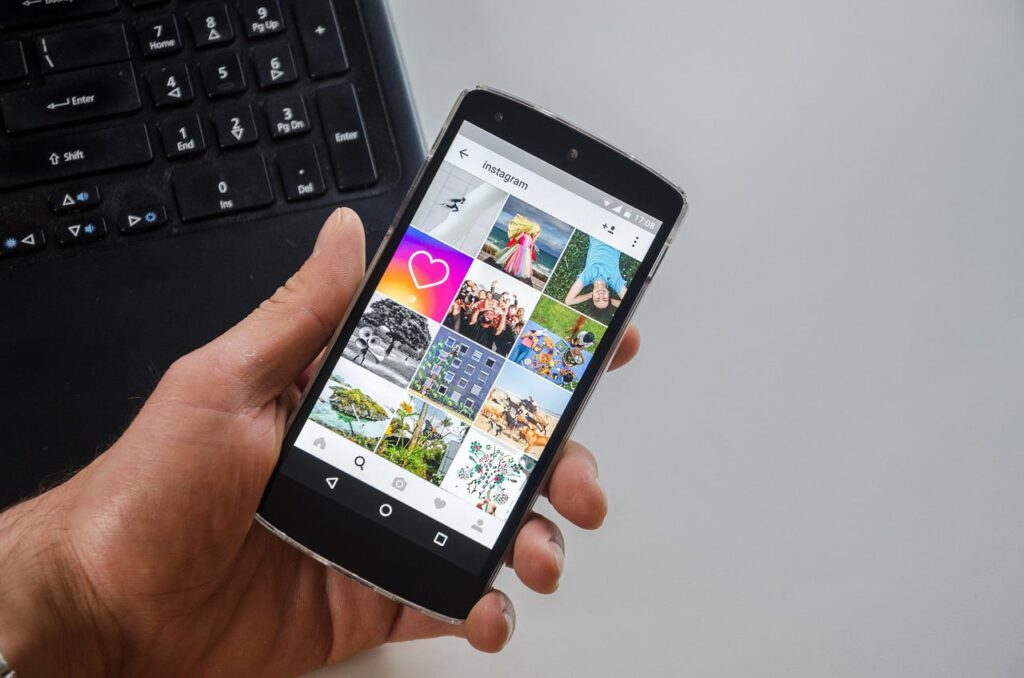How Social Media Filters Are Harming You In A Way You Don’t Realize
Experts worry that social media filters can cause harmful psychological distortions related to beauty and are noticing an uptick in the number of young people seeking cosmetic surgery so they can look more the way they do in filtered images.
This article is more than 2 years old

Social media has exposed users to so many beauty filters that most are desensitized to their existence. Although some folks have discussed the harm they cause, these warnings have been largely ignored. Most people still use them without a second thought. So it’s extremely rare when one of these mini-programs receives significant backlash.
When the social media site TikTok released its Bold Glamour filter, users immediately said the technology went too far. With just one click, it alters the chin, fills the eyebrows, smoothes the skin, and brightens the face. Its effectiveness makes it difficult to know that it’s a filter at all. Users immediately pointed out the dangers of normalizing such drastic changes.
While the concerns about social media filters are valid, they reflect a much larger problem about the perception of beauty. According to BBC Future, young people who alter their photos are more likely to consider cosmetic surgery as adults. Additionally, plastic surgeons have reported an increase in clients wanting to look like their filtered images.
The trend is more worrisome since social media filters tend to be based on stereotypically Caucasian characteristics. Since professional photographers use poses, angles, and editing software to make their subjects look good, some may argue that the technology is now more accessible to everyone. But the long-term adverse effects on body image and mental health can be devastating.
A study called Self Reflection and Interpersonal Connection: Making the Most of Self Presentation on Social Media says filters make users feel worse about themselves. This is primarily due to overexposure to other people that appear perfect. Even before filters became popular, folks who spent time focusing on the ideal lives of their counterparts became depressed or anxious.
People vulnerable to internalizing social media images (like teenage girls) are most at risk. Another study published by Taylor & Francis Online found that girls aged between 14 and 18 years who were shown original and retouched photos thought the latter looked better. And those who viewed the altered images were unhappy with their bodies afterward.
Although Bold Glamour is being maligned in the press, other social media filters are equally problematic. A TikTok filter known as “Teen” can make anyone look like an adolescent, which concerns child safety experts. This is because it can be used by provocative posing adults pretending to be teenagers. This troubling trend may lead to normalizing the sexualization of children.
It’s also worth noting that Bold Glamour went viral after TikTok users started using the social media filter using it with troubling captions. “This filter shows what you could look like if you could do make-up,” one person wrote via Dazed Digital. “This filter humbled me so quickly,” said another.
Fortunately, the viral tag is now filled with people saying the social media filter should be illegal. “So glad I grew up with the rainbow vomit and dog filter,” another user added. Judging by how quickly the sentiment changed, there might be hope for humanity after all.



